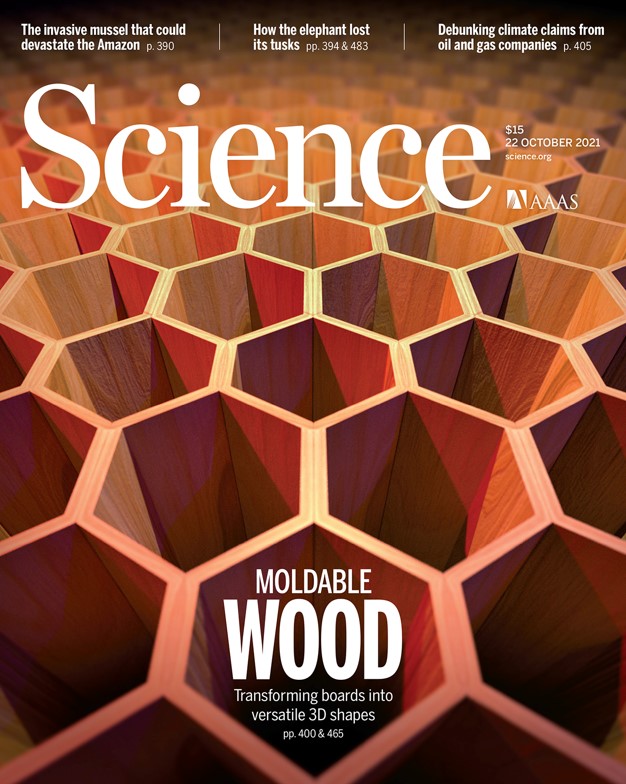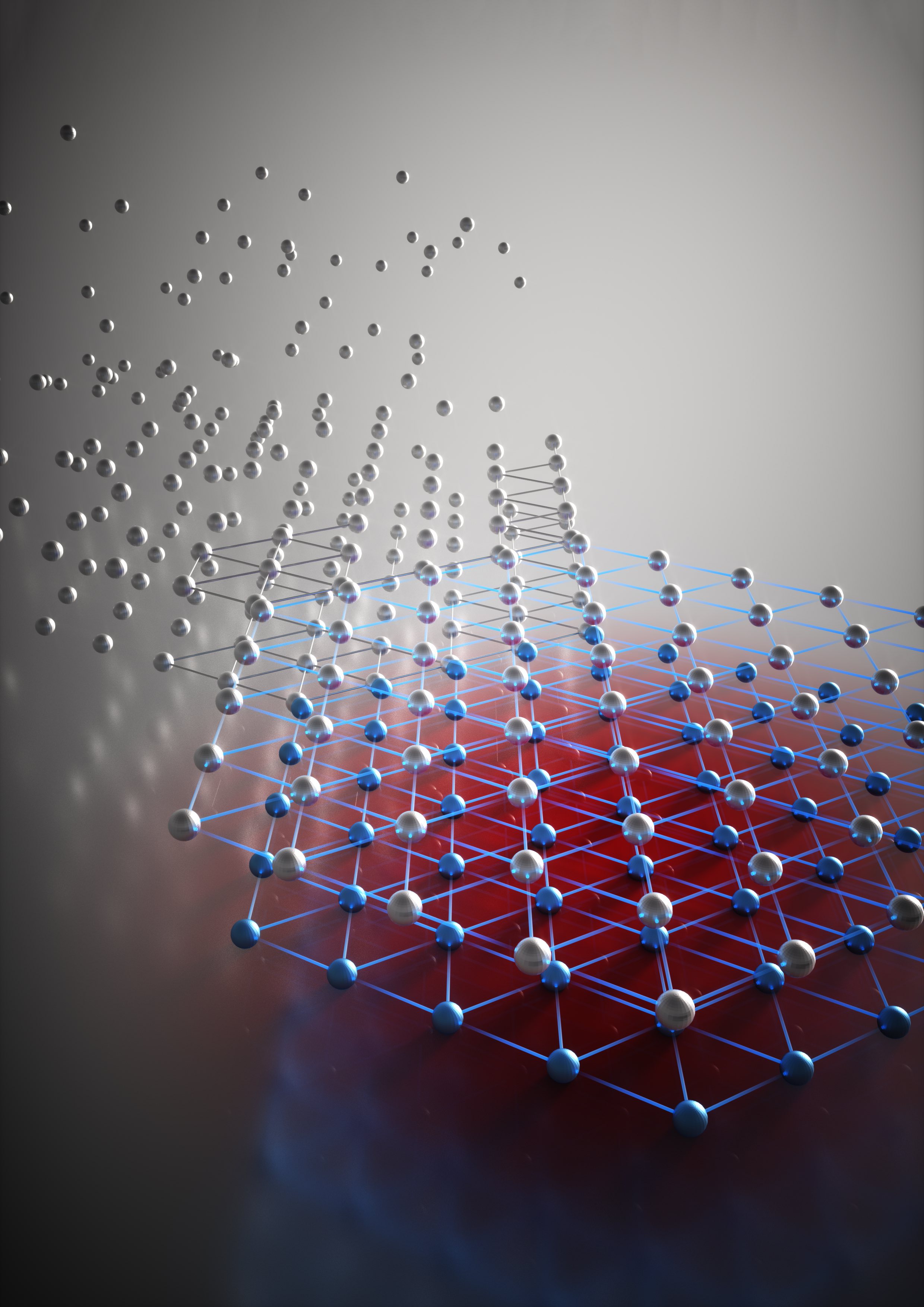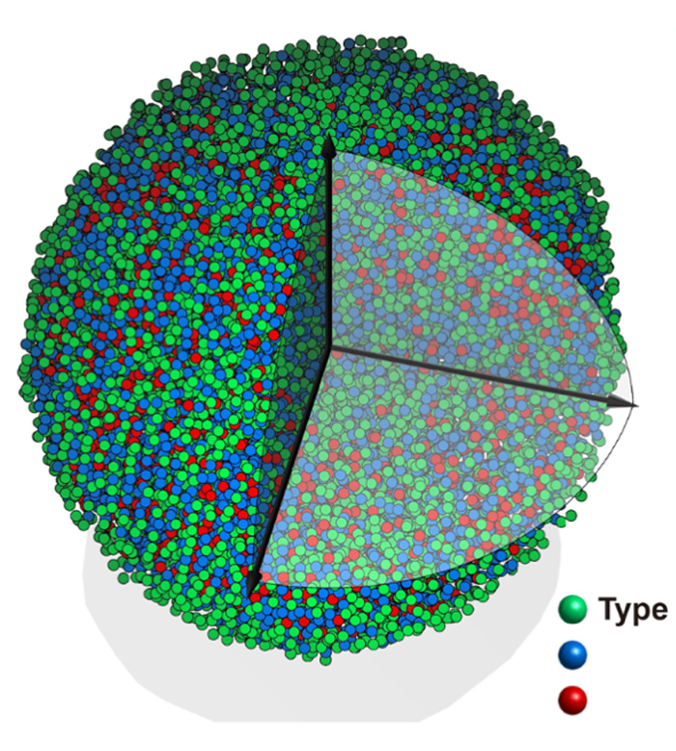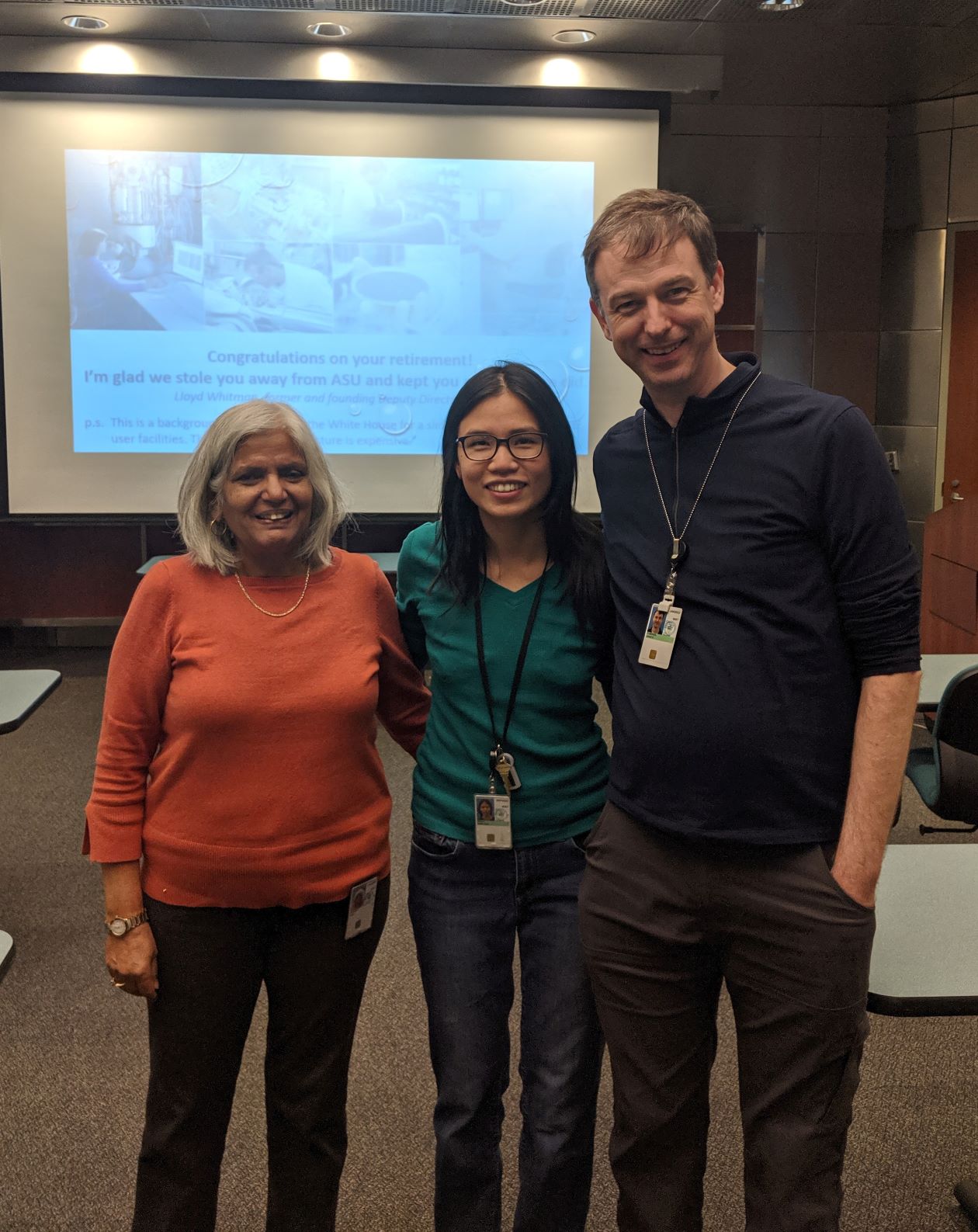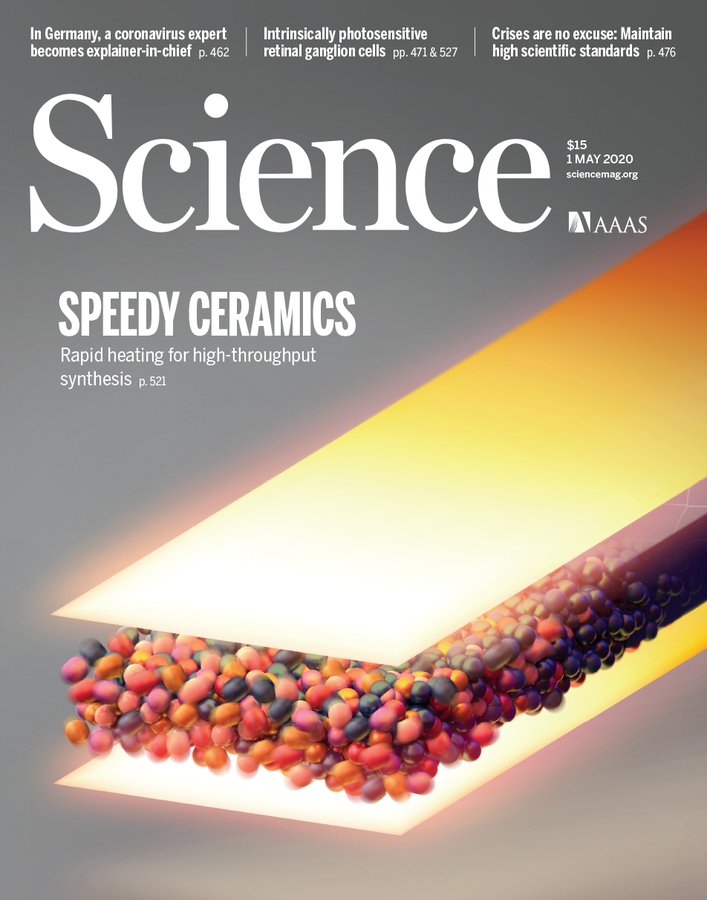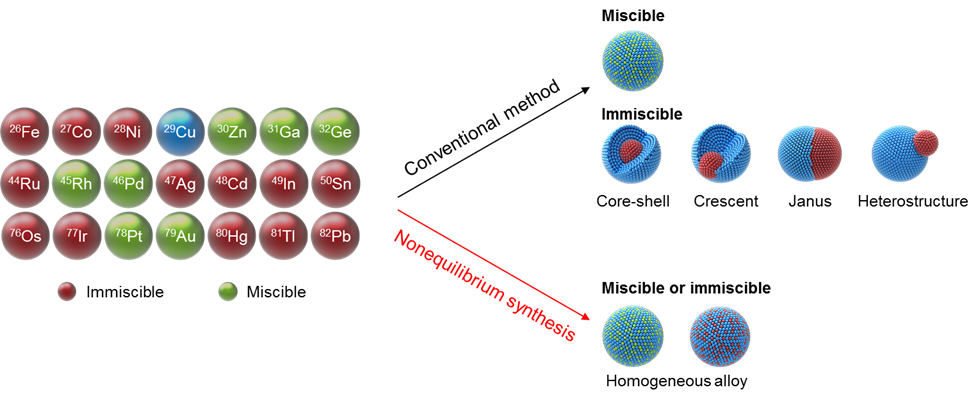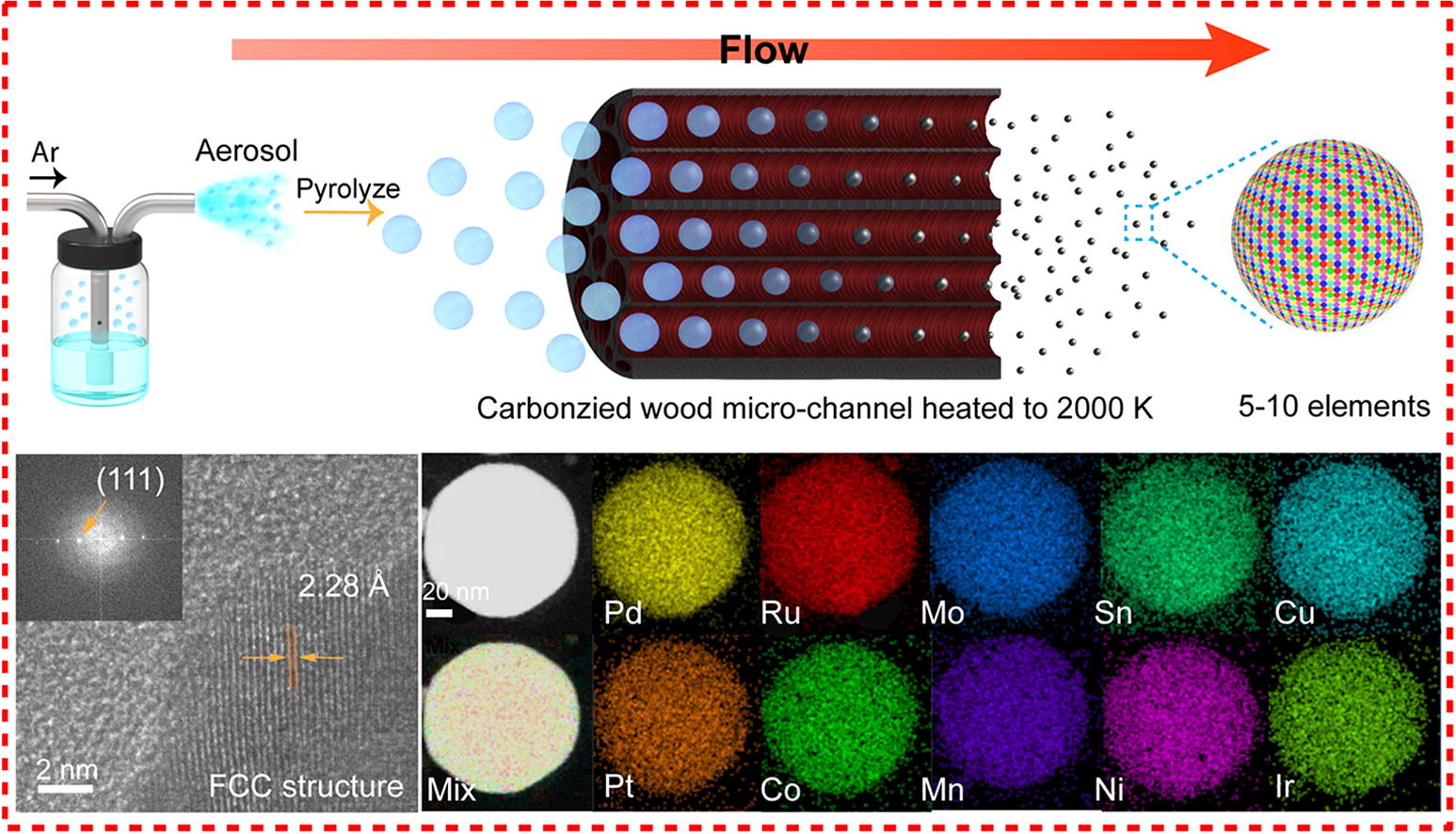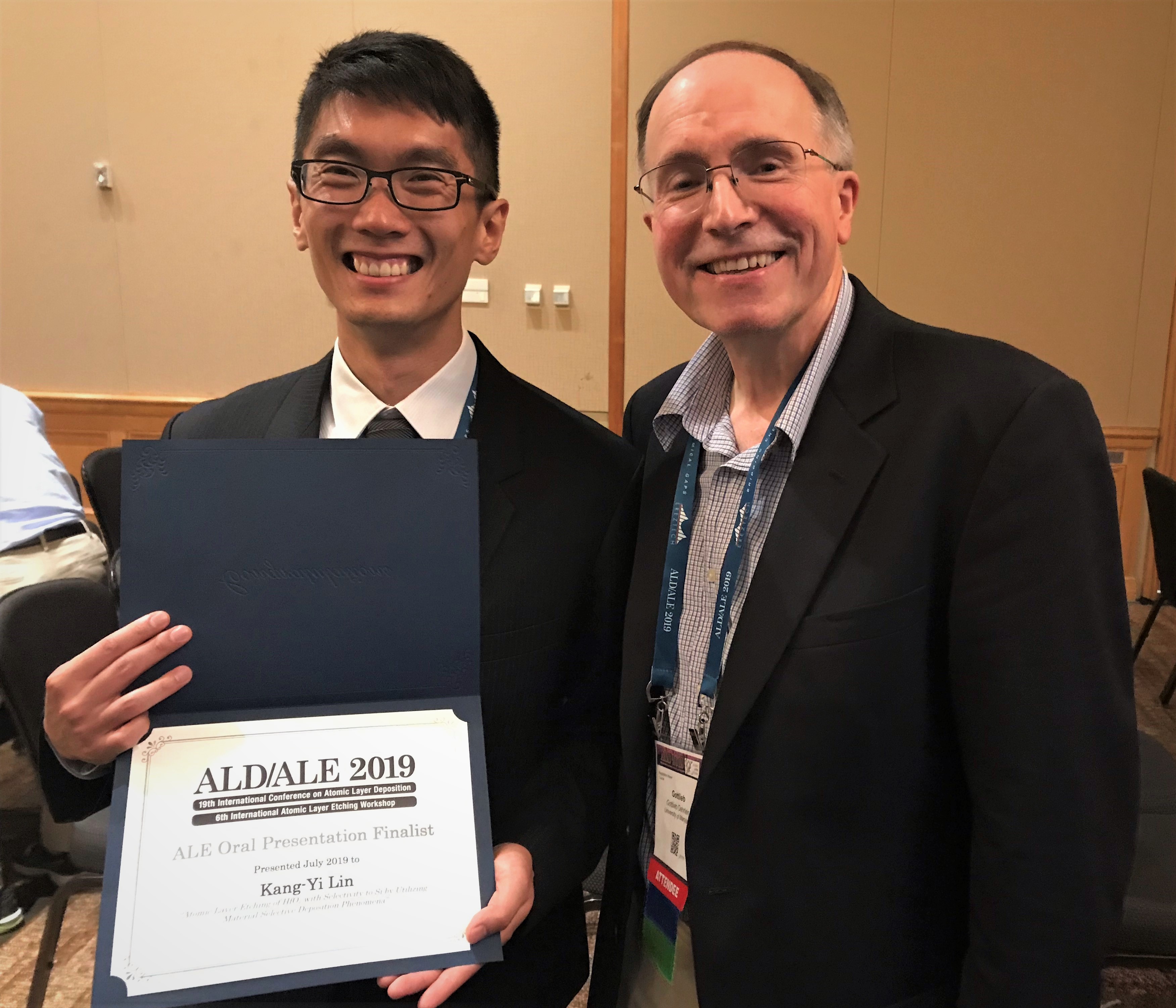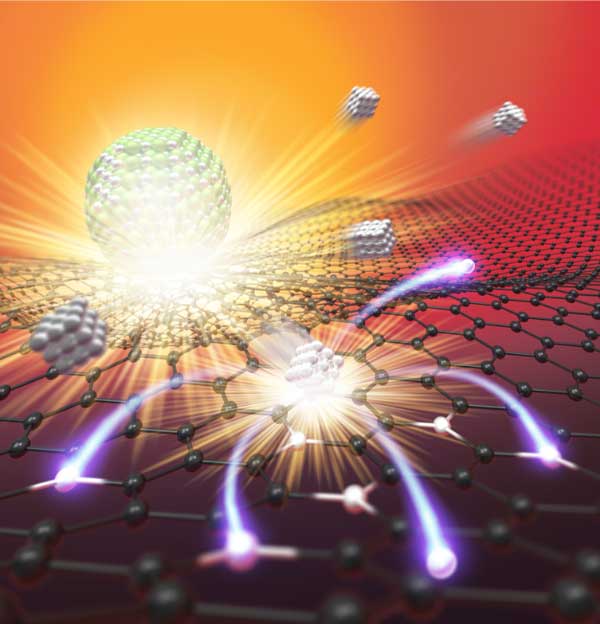News Story
New multi-institute research center will explore 'spintronics' materials for advanced computing
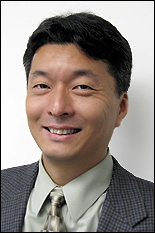
The development of a new Center for Spintronic Materials in Advanced Information Technologies (SMART) – focusing on novel materials for advanced computing systems – was announced this week. The University of Minnesota College of Science and Engineering will host the center - bringing together experts in the fields of spintronic materials and device research - including Department of Materials Science and Engineering Professor, Ichiro Takeuchi.
"In this new venture, we will develop novel magnetic devices that are extremely efficient and consume substantially less energy than conventional devices," said Takeuchi. "As computers are getting more and more sophisticated, energy efficiency is becoming a critical requirement. My research group has always worked on development of new magnetic materials using our combinatorial materials discovery strategy, and for this new project, we get to use some of the new materials in actual devices!"
Spintronics focuses on the magnetic "spin" properties of electrons, as opposed to their charges, which is the focus of electronics. The field offers advantages over electronics such as higher speeds, lower energy needs, and non-volatility of the data. Advances in the materials needed for spintronics devices could enable new computational systems, including systems inspired by the human brain that promise to dramatically improve the efficiency of important computational tasks.
“The future of our computing will require a complete shift in how we think about these systems,” said SMART Director Jian-Ping Wang, a University of Minnesota Professor and Robert F Hartmann Chair in Electrical Engineering. “We will need computing structures that mimic brain and biological systems, new ways to store information for big-data applications, and reconfigurable structures that are adaptive to changing application needs.”
SMART research will focus on advanced spintronic materials research in three classes that have shown exceptional promise in recent years: novel spin-orbit torque materials, ultra-low loss spin-wave materials, and magneto-ionic materials.
The University of Maryland is providing matching support for the project, which will go towards hiring a graduate student to assist Dr. Takeuchi. Georgetown, Penn State and MIT will also collaborate.
This center is funded through the Nanoelectronic Computing Research (nCORE) consortium. The key sponsors include the U.S. Department of Commerce’s National Institute of Standards and Technology (NIST), the Semiconductor Research Corporation (SRC), 12 semiconductor industry sponsors, and the National Science Foundation (NSF). Georgetown University, MIT and Penn State will also provide top experts in the field.
Published November 15, 2018
